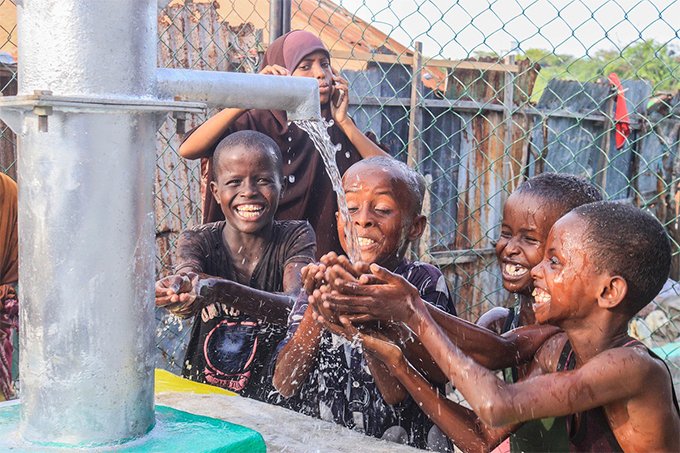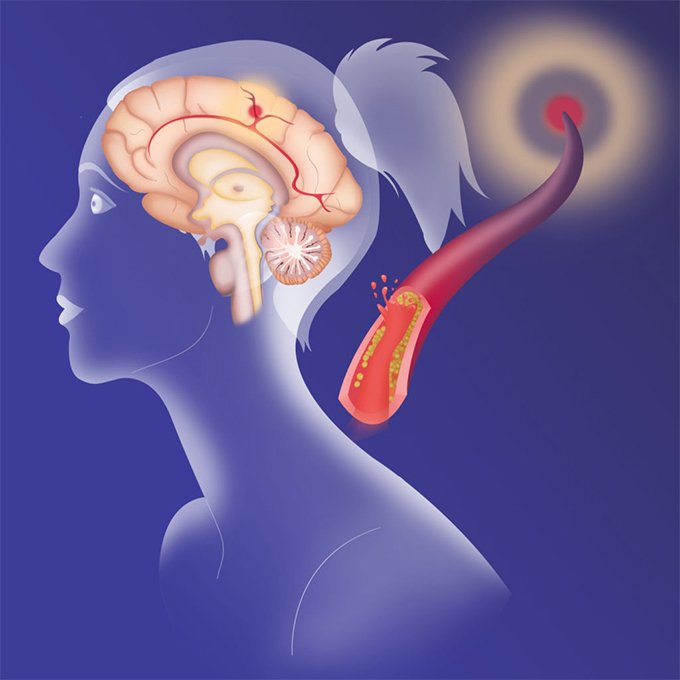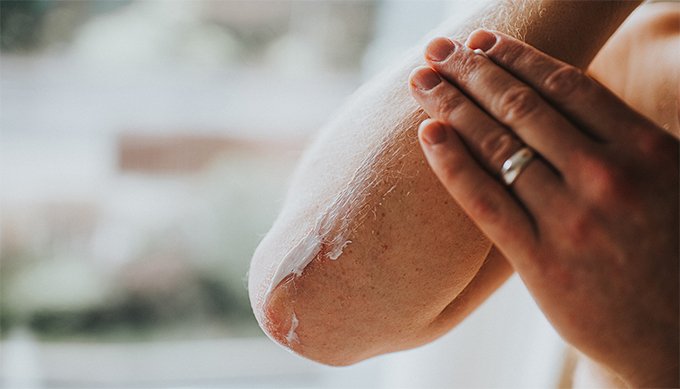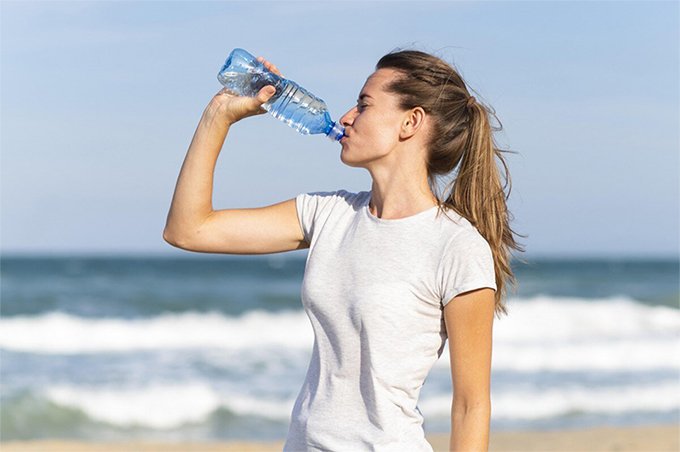If you’re constantly experiencing headaches, lower back pain, or back pain and can’t figure out what’s causing it, it’s probably caused by a lack of water.
Water is the source of life, every organ of humans is rich in water, such as blood, lymph, and body secretions are related to water, water accounts for about 60-70% of the adult body weight. Blood is more than 90% water. After eating, we need water to help us swallow, digest, transport nutrients, and even excrete waste.

Chronic dehydration can take a toll on your health, a recent study in the United States suggests.
- Lack of water to reach “1% of your body weight, you are thirsty
- Lack of water to reach “2% of body weight”, will feel depressed, loss of appetite;
- Lack of water at “3% of your body weight” can lead to inattention, headaches, irritability, and even fainting
- Lack of water more than 10% of one’s body weight can kill a person.
Drinking plenty of water is king, water is vital for our body.
Note.:
Not all patients should drink more water. People with heart disease, kidney, and liver problems are not suitable. Drinking too much water can worsen the condition.
What Damage Can We Do to Our Bodies If We don’t Drink Water?
1. Easy to damage the liver
Lack of water inside the body easy to bring about toxins to cannot pass other channel eduction outside the body, because this lack of water when the pressure to the liver is bigger, easy to bring about liver fatigue operation, irascibility exuberant. Many people’s autumn irascibility flourishing is brought about as a result of insufficient moisture intake.

2. Increased likelihood of respiratory diseases
When the body is short of water for a long time, the secretion of saliva is reduced, the mouth is dry, food is difficult to swallow, the secretion of digestive juices in the body is reduced, and more gastrointestinal diseases will be caused.

3. Increased incidence of cataracts
Eye experts believe that when the body is dehydrated, the amount of fluid in the eye changes, causing the protein of the lens to denature, eventually causing the lens to become cloudy and resulting in vision loss while increasing the risk of cataracts.

4. Urinary disorders, constipation, or hemorrhoids
One of the most important self-cleaning functions of the urinary system is urine flushing.
If the patient does not drink much water, the flushing effect of urine is weakened, and bacteria can easily multiply in the urinary tract, leading to urinary tract infections.
If it is a lower urinary tract infection, the main manifestations are frequency of urination, urgent urination, urination pain.
If it is an upper urinary tract infection, it often presents with symptoms such as low back pain and fever, so drinking water is generally recommended for such patients.
70% of the stool is water, once the body is short of water, the intestine will absorb more water to supplement body fluids, resulting in dry stool, resulting in difficult defecation, and then inducing hemorrhoids.

5. calculus of kidney
Clinical observation and epidemiology found that many patients with kidney stones and urinary calculi had less water than the average person. This is not difficult to imagine, because drink less water, less urine, the body’s waste can not be discharged in time, blocked in various parts, the formation of stones. For patients, the general daily urine volume is more than 1500mL, if often do not drink water will cause a reduction in urine volume. Reduced urine production can lead to localized crystal deposits in the kidney’s collecting system, which can lead to stone formation over time. Once the formation of kidney stones can cause pain in the local, can also cause local bleeding, and the occurrence of hematuria and so on, some patients because of kidney stones caused hydronephrosis, will secondary renal insufficiency, or even directly develop into uremia, this has a greater impact on patients

6. Gout
Gout is a complex form of arthritis. Common causes are high levels of uric acid in the blood, or reduced excretion, and deposition of uric acid in joints and kidneys. The joint pain it causes is often unbearable.
Too little daily water intake will lead to uric acid can not being smoothly out of the body, thus increasing the risk of gout. The recommendations are to cut down on high purine foods and drink more water, such as meat and seafood, hot pot, and beer, which are now “Social norms.”. Binge eating and drinking for a while, old age, and suffering for half a life.

7. Cardiovascular and cerebrovascular diseases
Patients with cardiovascular and cerebrovascular diseases are afraid of thick blood vessels, and insufficient drinking water will increase blood viscosity, blood circulation is slow, serious may cause “thrombosis” or “infarction”. Once our body is seriously short of water, the blood will also be short of water. At this time, the viscosity of blood will be too high, which seriously affects blood circulation. This is often manifested in dizziness, dizziness, nausea, and other symptoms, and even serious cardiovascular and cerebrovascular diseases. Arrhythmia through hemodynamic monitoring, when blood volume is significantly reduced, can induce atrial fibrillation, chest tightness, palpitations, dizziness, fatigue, and other manifestations. In such patients, the clinician used electric shock to restore rhythm, but the sinus rhythm was restored immediately after rapid intravenous fluid dilatation. Visible, water loss is one of the causes of arrhythmia.

8. Skin Disease
People to old age, as the growth of age, the inherent water in the body and the water in the cell gradually reduced, there was chronic, physiological dehydrating phenomenon.
This is one of the causes of dry skin and wrinkles in older people.
As a result of long-term dry skin, sebaceous gland secretion is reduced, so that the skin is resistant to pathogenic bacteria drop, easy to suffer from furuncle swelling, dermatitis, eczema, and other skin diseases.
Water plays a more important role in the elderly.
Scientific research and practice have proved that the elderly drink a glass of water every morning, and can do it consistently, health and longevity has the following benefits.

How much water should you drink?
Our bodies hold about 40 liters of water, and the amount we lose each day varies with our activities and environment.
Normally, our body passes about 1500CC of urine a day, plus juice, direct evaporation of water from the skin and pools, and so on, the daily loss of water is about 2000-3000C, so the best amount of water replacement is within this range.
Respiration will also lose water, with the increase of workload and temperature, respiration and perspiration will also increase, water loss will also increase.
Fever, vomiting, and diarrhea caused by illness will also cause a large amount of water loss. Therefore, it is important to replenish as soon as possible to maintain the balance of water in the body for good health.
Almost all food contains water, which is absorbed by the body during digestion.
In addition to plain water, fruits and vegetables are good sources of water.
Water is the best medicine. Everyone should drink 8 cups of water per day (2000-3000cc). Dark urine means you are not drinking enough.

When is the best time to drink water?
- Wake up in the morning: early morning can be said to be the best time to replenish water during the day, a night of sleep lets you lose about 450ml of water, waking up early in the human body will be a physiological water deficiency state. Therefore, early morning drinking water can make the intestines and stomach immediately wake up, stimulate peristalsis, prevent constipation, more importantly, after a long time of sleep, blood concentration increased, this time to replenish water, can quickly reduce blood concentration, promote circulation, let a person refreshed, sober. Drinking water is generally appropriate for 200~400 ml or so, excessive drinking water is adverse to the stomach, but also affect breakfast eating, it should be appropriate
- After eating too salty: too much salt intake can lead to high blood pressure, saliva secretion is too little, oral mucosa edema, and feeling thirsty.
- Air conditioning/heating: the dry environment is easy to let the human body water loss, remember to drink more water, use a humidifier, or appropriate ventilation.
- Fever: Fever can consume a lot of water in the body, and in severe cases, dehydration. Keep these numbers in mind
- Drink 1500ml of water every day: Adults should drink at least 1500ml of water a day, equivalent to 2-3 bottles of mineral water.
- Suitable water temperature 25-37°C Drink water at 25-37°C. Regularly drinking water at temperatures above 60 degrees Celsius increases the risk of oesophageal cancer.
- Urinate 5 times a day Urinate 5 times a day: drinking water should not be too much, otherwise, it will cause water-electrolyte disorder, water poisoning. Healthy living starts with healthy drinking water.




